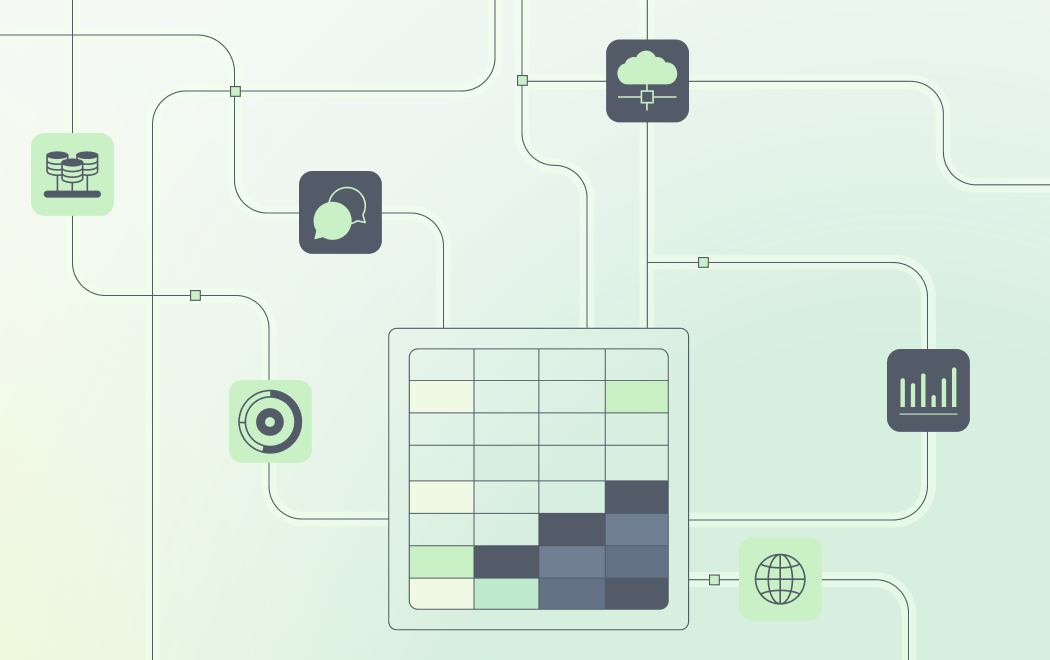A Complete Guide on Data Privacy in Product Analytics

In our previous Countly Digest, we delved into the top concern of product managers and analysts: tracking user behaviour. It is a crucial aspect of product analytics, as it enables companies to understand user behaviour and preferences, leading to better product development and increased revenue.
However, tracking user behaviour comes with a significant challenge: data privacy. With the rise of data breaches and the increasing concern over data privacy, users are becoming more aware of their online presence. Many users use ad-blockers and VPNs to hide their online activity, making it difficult for companies to track their behaviour. This challenge is compounded by data privacy regulations, such as the GDPR and the CCPA, which require companies to obtain user consent before collecting and processing their data.
In this article, we will explore the importance of ensuring data privacy in product analytics and the right ways to do it.
Why is Data Privacy Important in Product Analytics?
Data privacy is critical in product analytics because users share significant personal information when interacting with digital products. This information can include personal identification data such as name, email, address, phone number and sensitive information such as financial and health data. Therefore, if this data falls into the wrong hands, it can cause significant harm to the users, and the rest is history…
So here are the main reasons why data privacy matters:
Legal Compliance
With the introduction of data protection regulations like the General Data Protection Regulation (GDPR) in the European Union and the California Consumer Privacy Act (CCPA) in the United States, businesses must follow strict guidelines when handling user data. Non-compliance can result in hefty fines, with GDPR violations leading to penalties of up to 4% of a company's global annual revenue or €20 million, whichever is higher.
Building Trust and Customer Loyalty
Customers who know their data is secure are more likely to engage with a product or service. A study by Cisco found that organizations prioritising data privacy experienced 70% less downtime and 74% less revenue loss due to privacy breaches. Moreover, businesses that commit to privacy can build long-term trust, increasing customer retention and loyalty.
Protecting Intellectual Property
Product analytics can reveal valuable insights about a company's intellectual property, such as usage patterns or product performance. By ensuring data privacy, businesses can protect their intellectual property from theft or exploitation by competitors.
Related Topic: 4 Years Ago, the GDPR Changed Everything. Now What?
So How to Ensure Data Privacy in Product Analytics?
Companies can maintain data privacy in product analytics by implementing strong privacy policies and adhering to industry best practices. Here are some approaches that companies can take to ensure the privacy of data in product analytics:
Data Minimization
Companies should collect only the necessary data for their product analytics. Collecting unnecessary data puts user privacy at risk and increases the risk of a data breach. For instance, a company that only needs to track user engagement on its website should not collect sensitive information such as credit card details or social security numbers. By minimizing the amount of data collected, companies reduce the risk of a breach and build user trust by demonstrating their commitment to privacy.
Encryption
Data must be encrypted both in transit and at rest to prevent unauthorized access. Encryption ensures that only authorized individuals can access the data, and in case of a breach, the data will be unreadable. Companies can use different encryption methods, such as: Secure Sockets Layer (SSL), Transport Layer Security (TLS) protocols, and Advanced Encryption Standard (AES) or Blowfish.
Example: WhatsApp uses end-to-end encryption to protect messages, calls, and media from being intercepted by third parties.
Access Control
An organization must ensure only authorized personnel can access the data. Access controls can be achieved through role-based access controls (RBAC) and multi-factor authentication (MFA). RBAC allows companies to limit access to data based on an individual's role within the organization. MFA adds an additional layer of security by requiring individuals to provide multiple forms of authentication, such as a password and a fingerprint, before accessing the data.
Example: Google uses the principle of least privilege to limit employee access to user data, granting access only when necessary for specific job functions.
Data Retention
Companies must have a clear data retention policy that outlines how long they will retain user data. Retaining data beyond the required period puts user privacy at risk and increases the risk of a data breach. A company that stores user data beyond the legally required period may be subject to legal action in case of a data breach. Companies must ensure that they delete or anonymize data no longer required for their product analytics.
Anonymization
Data privacy can also be ensured by anonymizing user data. Anonymization involves removing any personally identifiable information from the data, making it impossible to trace the data back to an individual. A company that needs to analyze user behaviour on its website can anonymize user data by removing the IP address, geolocation, and other personal details. Anonymization reduces the risk of data breaches and enables companies to analyze data without compromising user privacy.
Example: Apple's App Tracking Transparency feature requires app developers to obtain user consent before collecting data for tracking purposes. Data used for product analytics must be anonymized or pseudonymized to protect user privacy.
Data Protection Impact Assessments (DPIA)
DPIA is a risk assessment process companies can use to identify and mitigate privacy risks. DPIA involves identifying the data being collected, assessing the risks associated with the data, and implementing measures to mitigate the risks. For example, a company that collects sensitive user data, such as health records, can perform a DPIA to identify potential privacy risks and implement encryption and access controls to mitigate those risks. DPIA enables companies to identify and address privacy risks before they turn into data breaches.
Related Topic: Why Should Data Privacy Be The #1 Concern Of Every Health App Developer?
Is Countly Privacy-Compliant?
Countly is designed with privacy in mind, offering a range of features that makes it 100% privacy compliant. These features include:
- Self-hosting Option: Countly can be self-hosted, which means businesses can keep all their data on their own servers, giving them greater control over their data and reducing the risk of third-party access to user data.
- GDPR and CCPA Compliance: Countly helps businesses fully comply with the General Data Protection Regulation (GDPR) and the California Consumer Privacy Act (CCPA), two of the world's most stringent data privacy regulations.
- Data Suppression: Countly allows businesses to suppress specific data points from being collected, such as IP addresses or device IDs, which can help protect user privacy.
- User-level Data Deletion and Portability: Countly allows businesses to delete and export individual user data upon request, which is essential for companies operating in jurisdictions with strong data privacy regulations like GDPR or CCPA.
- Encryption: Countly facilitates encrypting all data in transit and at rest, providing an environment where user data can be effectively protected from unauthorized access.
In addition to these features, Countly also offers a range of other privacy-related tools, such as the ability to track opt-in and opt-out rates, user consent tracking, and more. These features make Countly a preferred choice for companies that must collect and analyze user data in a privacy-compliant way.
Find out more about Countly’s privacy and security measurements.
Key Takeaways
Ensuring data privacy in product analytics is crucial for legal compliance, building customer trust, and protecting intellectual property. Businesses can balance leveraging data insights and protecting user privacy by adopting best practices such as data minimization, anonymization, encryption, access control, regular audits, and implementing data retention policies.
As data protection regulations evolve, businesses must remain vigilant and proactive in their approach to privacy, ultimately enhancing their product offerings and fostering customer loyalty.





